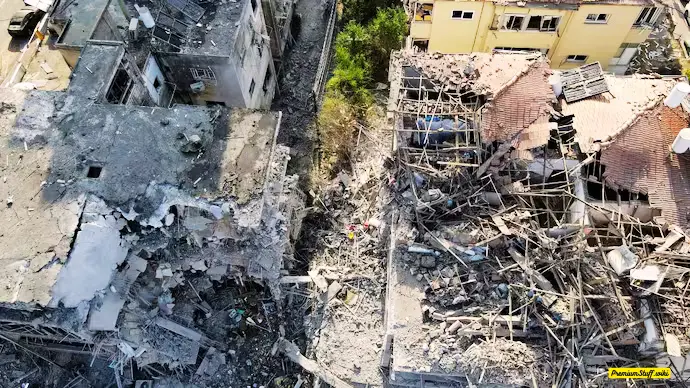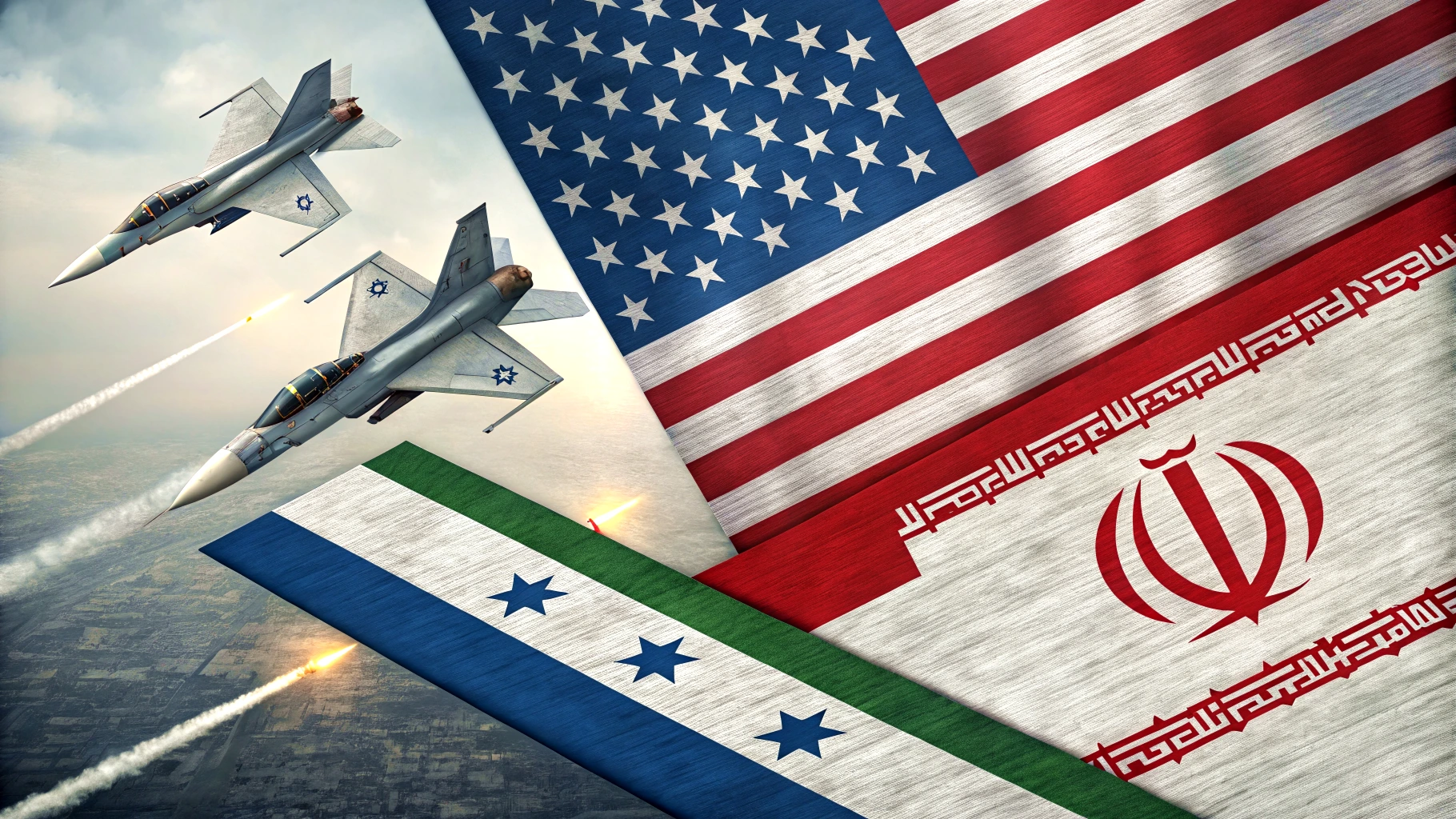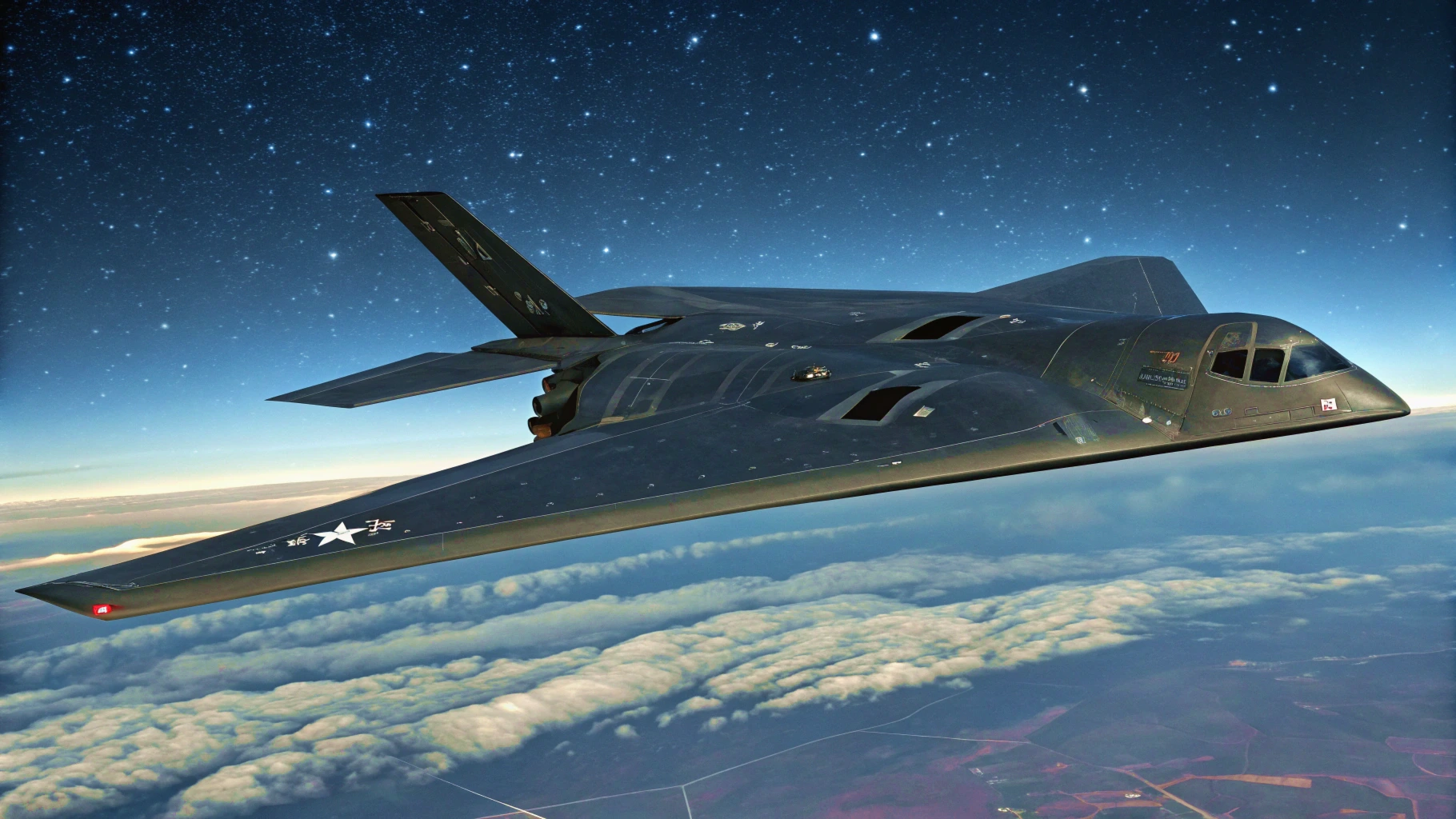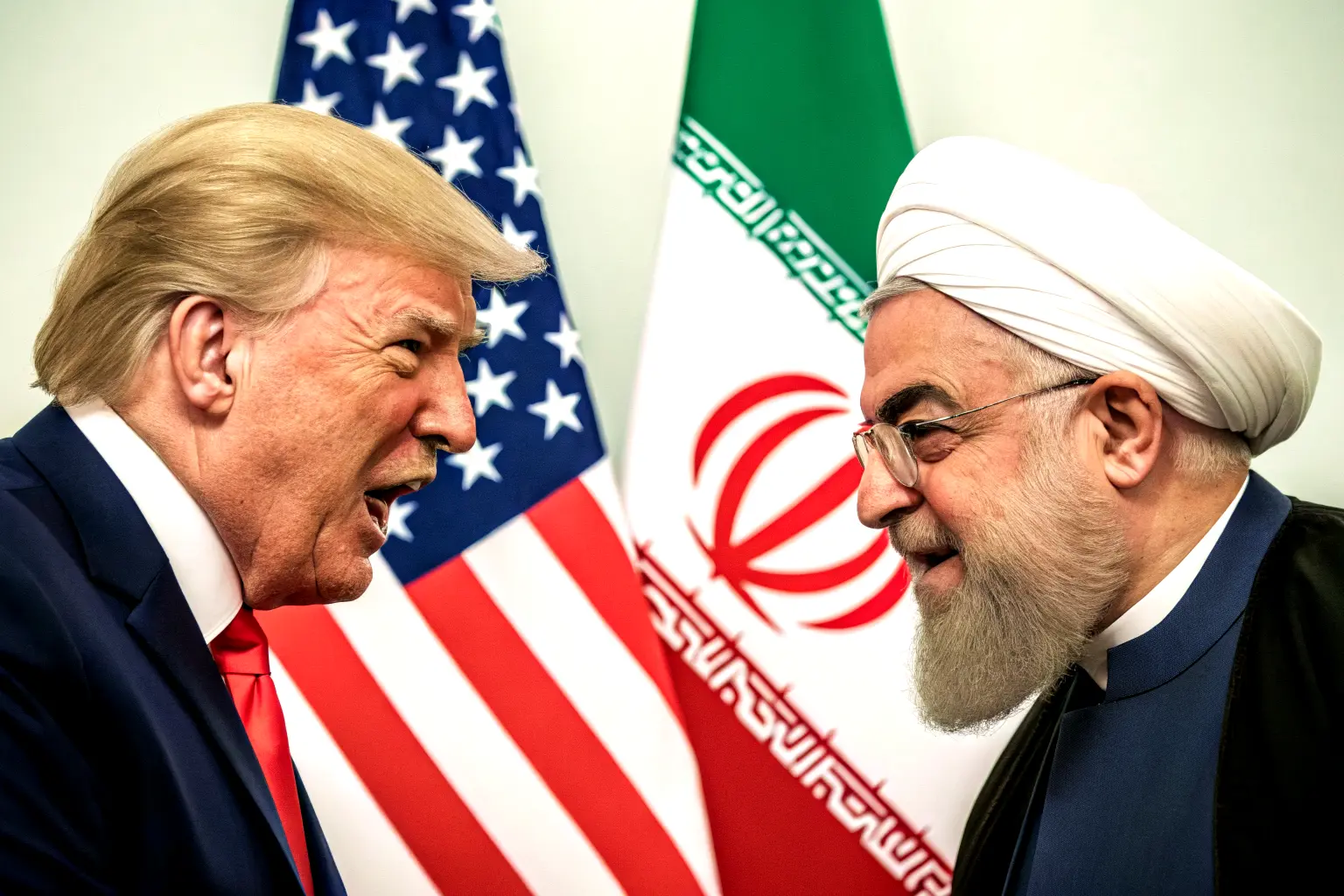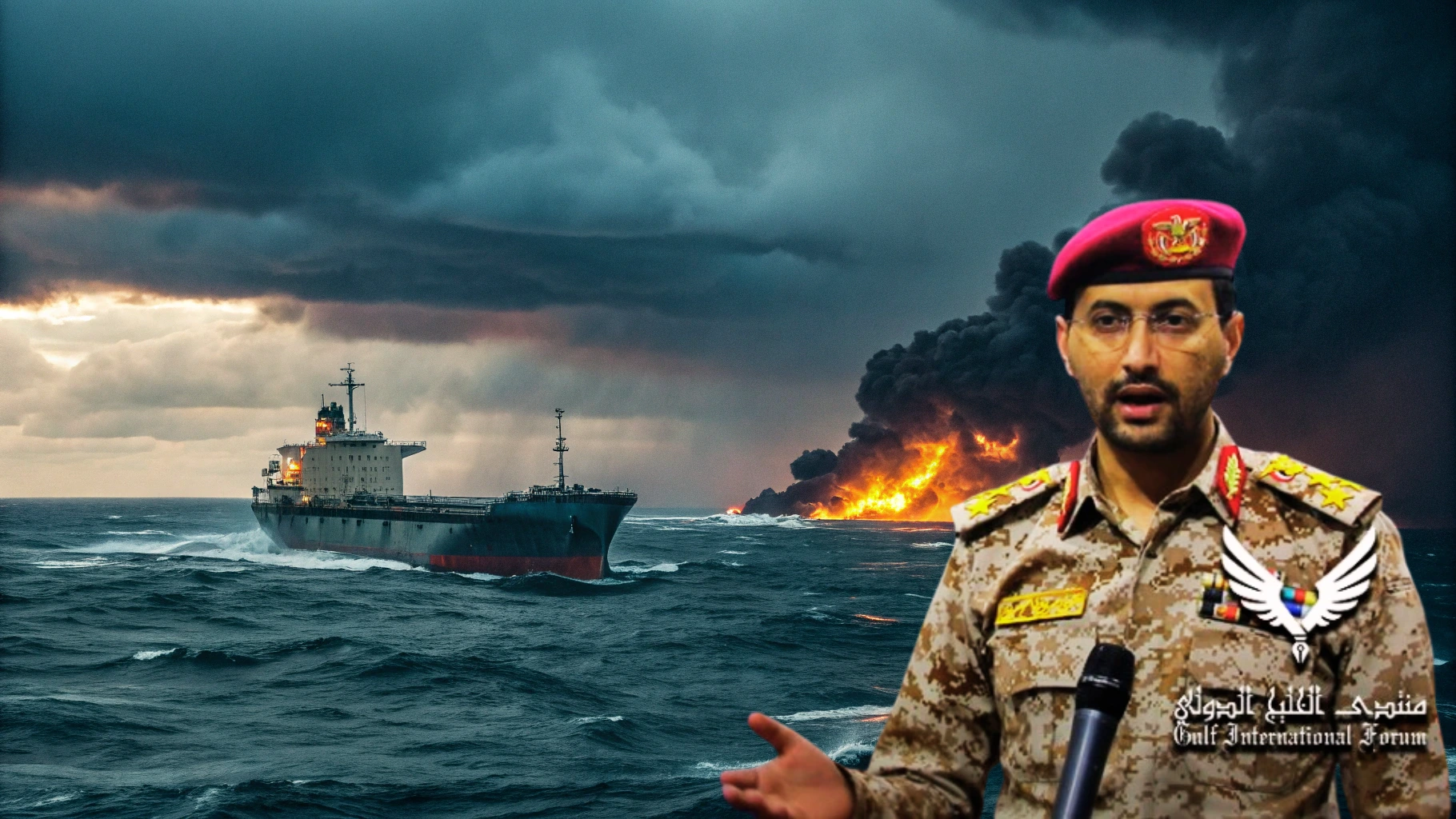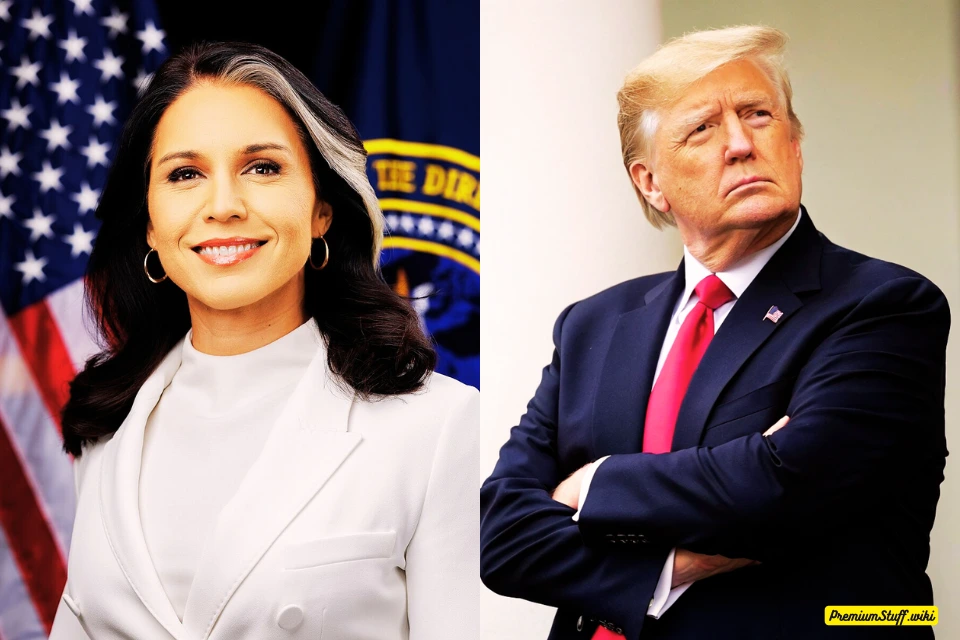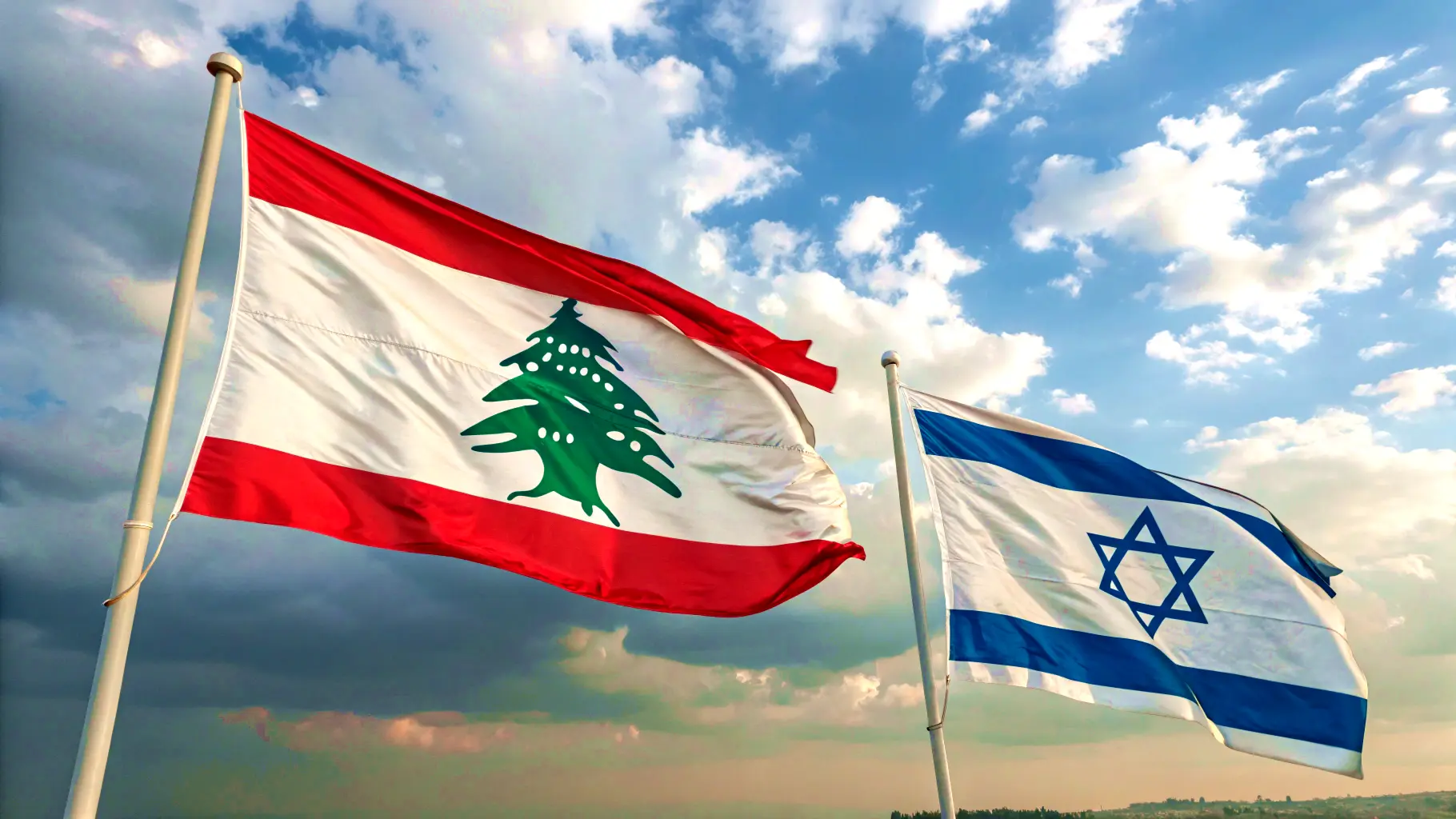Israel and Iran Exchange Heavy Strikes as Diplomatic Efforts Intensify
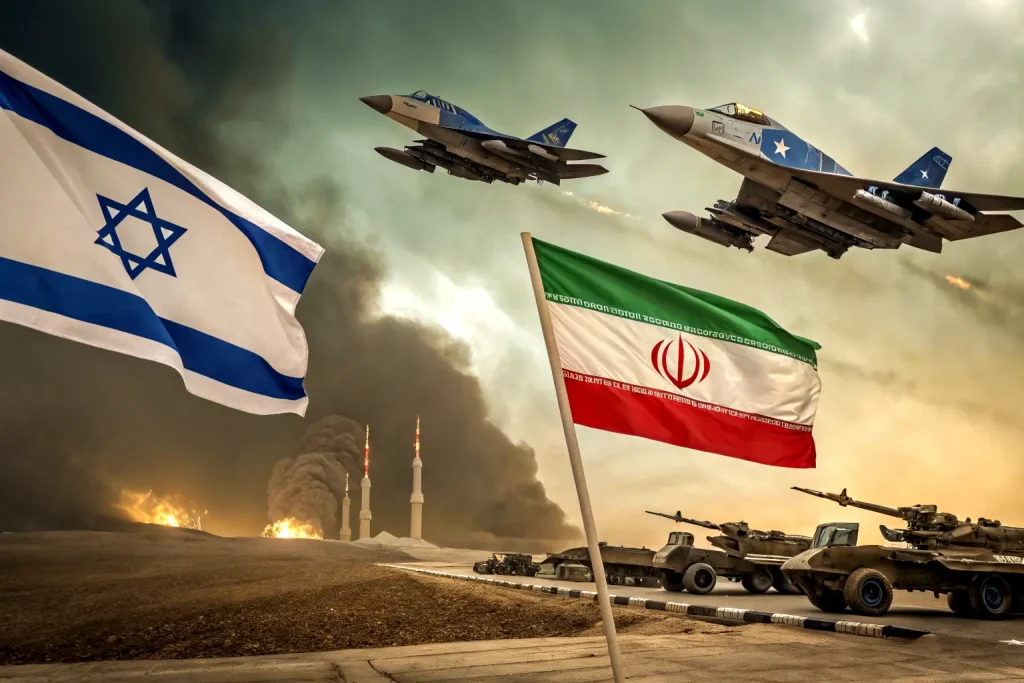
JERUSALEM/TEHRAN—June 20, 2025
Israeli warplanes hammered Tehran for the second consecutive day, striking nuclear research facilities and missile production sites while Iran retaliated with ballistic missiles targeting southern Israel. The exchange marks the seventh day of open warfare between the arch-foes, with diplomatic efforts accelerating to prevent a catastrophic regional escalation.
Military Onslaught Continues
Israeli forces launched over 60 airstrikes across Iran overnight, hitting the SPND nuclear weapons research facility in Tehran, missile infrastructure near Kermanshah and Tabriz, and an industrial zone in Rasht along the Caspian Sea coast. The attacks also damaged Iran’s Arak heavy-water reactor—a critical site for plutonium production—though Iranian authorities confirmed no radiation leaks occurred.
Iran responded hours later by firing ballistic missiles at Be’er Sheva, Israel’s largest southern city. One missile ignited fires near a Microsoft office, while another caused “extensive damage” to residential buildings. The Soroka Medical Center, struck a day earlier by an Iranian missile, remains partially operational despite shattered windows and structural damage. Israel accused Iran of using cluster munitions—a weapon that scatters smaller bombs over wide areas—calling it “state-sponsored terror.”
Civilian Toll Mounts
The human cost is staggering. In Iran, at least 639 people have been killed, including 263 civilians, according to the Human Rights Activists News Agency. Among the dead are top military commanders and nuclear scientists targeted in Israel’s opening strikes. Internet blackouts and media restrictions have made verifying casualties difficult, but eyewitnesses in Tehran described leveled buildings and dead children pulled from rubble.
In Israel, 24 civilians have died and over 2,300 are injured. The Iron Dome defense system has intercepted roughly 90% of incoming missiles, but military officials warn stockpiles are depleting rapidly. Hospitals across southern Israel are overwhelmed, treating burns, shrapnel wounds, and trauma cases as sirens wail daily.
Diplomatic Race Against Time
European powers are scrambling to broker a ceasefire. Iran’s Foreign Minister, Abbas Araghchi, met counterparts from Britain, France, Germany, and the EU in Geneva on Friday, demanding an “unconditional halt” to Israeli strikes before discussing its nuclear program. Europe offered a deal: Iran would halt uranium enrichment, curb ballistic missiles, and disengage from proxy groups. Tehran rejected limits on its missiles, calling them vital for self-defense.
U.S. President Donald Trump looms large over the talks. He pledged to decide within two weeks whether to join Israel in bombing Iran’s deeply buried Fordow nuclear site using U.S. “bunker-buster” bombs. Trump’s special envoy, Steve Witkoff, has held backchannel calls with Araghchi, but Iran insists it “does not negotiate under duress.”
Legal and Ethical Firestorm
International law experts widely condemn Israel’s strikes as violations of the U.N. Charter. “Anticipatory self-defense requires proof of an imminent threat, which Israel hasn’t provided,” said Marko Milanovic, a prominent international law professor. The IAEA confirmed it has “no proof” Iran is building nuclear weapons, undermining Israel’s justification.
Both nations also face allegations of war crimes. Iran’s attack on Soroka Hospital—a protected site under international humanitarian law—drew global outrage, though Tehran claimed it targeted a nearby military base. Israel’s bombardment of Iranian state media during a live broadcast further blurred lines between military and civilian targets.
Regional Fallout
The conflict risks engulfing the Middle East. Hezbollah’s leader threatened to enter the fray “as we see fit,” prompting Israel to warn Lebanon against escalation. In Iraq, Shiite militias burned U.S. and Israeli flags, while Russia and China evacuated citizens and urged restraint. Global supply chains are already feeling the strain: shipping giant Maersk suspended operations at Israel’s Haifa port due to missile risks.
Meanwhile, Gaza’s humanitarian crisis worsens amid the chaos. UNICEF warned of a “man-made drought” as water systems collapse, with over 5,000 children diagnosed with malnutrition in May alone.
What Comes Next?
Israel faces a strategic dilemma: wait for U.S. bunker-busters to destroy Fordow, strike alone with limited munitions, or accept a deal leaving Iran’s nuclear capabilities partly intact. Iran’s Supreme Leader, Ayatollah Ali Khamenei, remains defiant, vowing “harsher responses” if attacks continue.
With Trump’s decision deadline two weeks away and European diplomacy in overdrive, the world watches whether bombs or talks will prevail. For civilians on both sides, sheltering in basements and hospitals, the stakes have never been higher.

